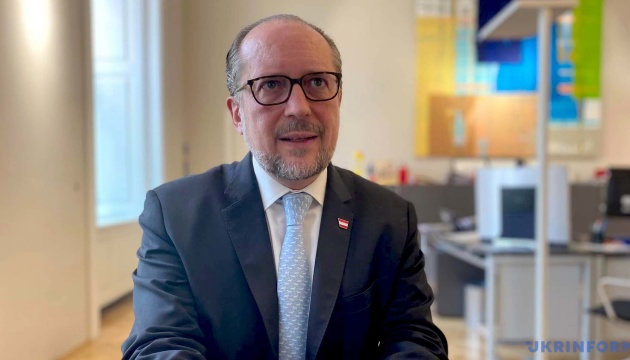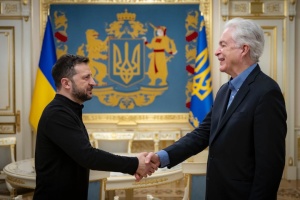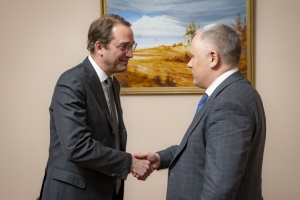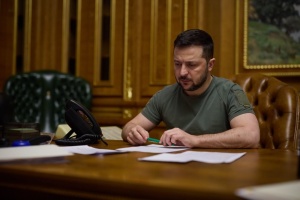
Austria seeks UNSC expansion, limiting veto rights
Austrian Foreign Minister Alexander Schallenberg said this in an interview with APA, seen by Ukrinform.
"The Security Council that we have now reflects the world of 1945. This is the world of the past. If we cannot change it, the UN will eventually lose its relevance. The Security Council should include African, Latin American, and Asian nations. And secondly, we must limit the veto and there must be a regular review process. If we reform now, we must be ready to review this in 50 years," he said.
According to Schallenberg, Austria wants "the UN to be relevant, effective, and efficient", but this is not the case at the moment.
"The UN is blocked. Be it in Ukraine, in the Middle East, or in African conflicts. If this prevails, then at some point the UN will lose its relevance. None of us can want that," the Austrian minister said.
Commenting on the fact that major powers, such as Russia or China, will not be satisfied with limiting their exclusive positions in the UN Security Council, Schallenberg stated that it is no longer possible to simply say "niet" (no – ed.) as every veto must be justified.
"There has already been a development where states have to justify their right to veto. It's not like before when you just said 'niet' and the story is over. So there is progress. Actually, I think Moscow, Washington, and other capitals realize: if they persistently reject reform, they will eventually find themselves at the helm of an organization that will become irrelevant," said the head of the Austrian Foreign Ministry.
As Ukrinform reported earlier, the UN General Assembly approved the main document of the Summit for the Future on September 22, despite the opposition from Russia, whose representative tried to put forward his amendments, threatening to snub the consensus document.
The 42-page Pact for the Future contains a list of countries' intentions for addressing global issues - from military conflicts and climate change to governing artificial intelligence and reforming the UN and global institutions.




